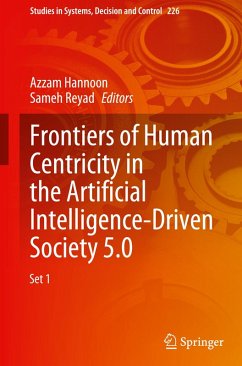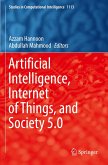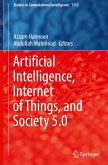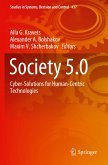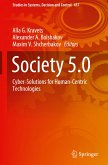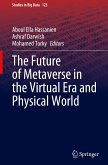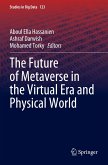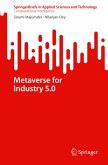According to Serpa (in MDPI encyclopedia) [3], Society 5.0 can be realized as a concept and a guide for social development, with a profound impact on current societal structures in multiple levels. Society 5.0 achieves advanced convergence between cyberspace and physical space, enabling AI-based on big data and robots to perform or support as an agent the work and adjustments that humans have done up to now. Deguchi et al., [4] define Society 5.0 as a highly intelligent society based on generation, processing, exchange of data, and more specifically knowledge, through the connection of the physical environment with the cyberspace. Achieving Society 5.0 with these attributes would enable the world to realize economic development while solving key social problems. It would additionally contribute to achieving the SDGs established by the United Nations. Despite the differences in formulation of the names of these periods and societies, it is obvious that each of them became abasis for step like growth in developed society; at, specific time periods, scale, character and depth of these changes are different in different countries. Consequently, to address the aims of the book, it seeks exploratory, empirical, interpretive, and theoretical research built on either primary or secondary data. The approaches suggested are not exhaustive and can be extended upon by the researchers. In addition, the book will contribute towards the UN's sustainable development goals. In support of UN's efforts towards a more digital economy, this book aims to debate and discuss the history, genesis, future, opportunities, and challenges of transitioning to Society 5.0. and provides a holistic perspective on a variety of topics special topics which contribute towards the optimal attainment of the SDGs, particularly in terms of socialdimensions. Finally, this book provides a platform for researchers, academics, and professionals to the transition and technological enablers ofindustrial revolutions through empirical or exploratory studies that use a variety of innovative approaches. The target audience of the book includes researchers and scholars who will find in its comprehensive knowledge about industry 4, industry 5, society 5 and its contribution to economic growth and sustainable development goals (SDGs). Furthermore, the book's secondary target audience are teachers, managers, strategists, professionals, governments, and policymakers.
Hinweis: Dieser Artikel kann nur an eine deutsche Lieferadresse ausgeliefert werden.
Hinweis: Dieser Artikel kann nur an eine deutsche Lieferadresse ausgeliefert werden.

